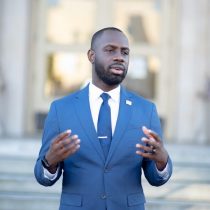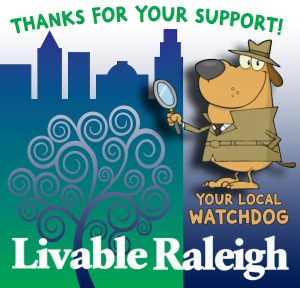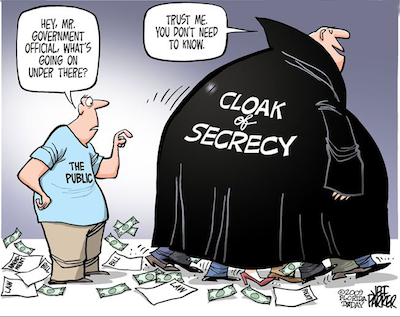
Dr. Terrance Ruth received his PhD in Public Affairs from the University of Central Florida. He received his Master in Education from Nova Southeastern University and his BA from Oglethorpe University. Dr. Ruth completed a national fellowship through Boston College with a certification in nonprofit leadership. Dr. Ruth is an advocate for public education, once serving as a teacher, principal and the parent of a son who attends public schools in Wake County. As a former Administrator for Wake county Public Schools who now serves as an Education Consultant to numerous nonprofits. Dr. Ruth sits on several state wide boards.
Across Raleigh, residents are consistently worried about the city’s low housing availability, and the high price of renting and buying places to live across the area. City leaders in the last four years have attempted to address these issues, but often at the expense of transparency and community outreach. As a result, people feel unheard and disconnected from their council, when everyone ultimately wants the same thing: better and more affordable housing availability across the city.
When considering making changes to “by-right” regulations in zoning policy, cities have to think carefully about what is being encouraged, and who is most impacted. These types of regulation expansion do some things well. “By-right” zoning can encourage wider change, by no longer requiring the same level of extensive approval; it signals to property owners that they can plan to add density from the early stages, without having to worry about taking a big risk in developing and presenting a plan, only to have it shot down. Expanding by-right Missing Middle density policy has the potential to quickly expand the density of housing in the city in places where it’s desperately needed, but it can also serve as a means to shut out citizens with legitimate concerns if not handled properly.
Rather than pushing these changes through quickly, I would have pursued a period of community discussion to talk about changing our zoning rules. When there is a lack of trust between a city government and its people, it’s easy for these types of changes to be viewed as just another way to steamroll over legitimate community concerns, all so that major developers can build with as little standing in their way as possible, to ensure they maximize their own profit. Raleigh’s housing density needs are apparent and affect everyone, but shutting the community out is not the right way to address these issues.
Raleigh, one of the fastest-growing cities in the U.S., saw its population grow by over 15% from 2010 to 2020, and experts anticipate similar growth in the next decade. As mayor, I am committed to striking a balanced approach that ensures all voices are heard in the right settings, especially as density increases to accommodate growth. While higher density offers many benefits, such as reducing urban sprawl and supporting affordable housing, it is crucial to have structured forums where developers and community members can genuinely exchange views. According to the National League of Cities, cities that implement regular community-developer forums report a 30% decrease in project delays, as early dialogues help mitigate conflicts and improve community buy-in.
Although some cities have maintained spaces for these discussions, in many cases, community input is either bypassed under new regulations or reduced to a formality, which erodes trust. Best practices for meaningful community engagement recommend early and transparent communication, as well as requiring feedback sessions in development projects over a certain size. Additionally, a Harvard study found that when communities have genuine input in planning, satisfaction with urban projects increases by 42%. In Raleigh, we can find a middle ground that respects both growth needs and public concerns, creating policies that encourage responsible development while also promoting transparency. By adopting updated zoning policies that require community input and regular notifications, Raleigh can ensure that our future is built collaboratively and sustainably.
ENGAGEMENT MATTERS. No one wants to be told their street is going to transform in the next five years, and there’s no way for them to even voice their thoughts and concerns. Across Raleigh, this pattern of transformation is going to take place, but how we guide it is what’s most important. By adapting the zoning code to ensure that everyone comes together, working for the MUTUAL benefit of our city and its housing supply is not some far fetched ambition, but should be the baseline; the bare minimum respect shown to Raleigh’s amazing people. Transparency and working together is what is needed for beneficial growth. It is what the people of our city want. It is what I will fight to make happen.
Dr. Terrance Ruth
NOTE – Dr. Ruth is a candidate for Raleigh Mayor. We have offered ALL City Council candidates the opportunity to submit commentary on local issues for consideration. To date we have published comments from three candidates. We will NOT include links to campaign social media accounts or include any ask for votes or donations.
If you appreciate the kind of reporting we bring to you
|
Please donate $10 or $20, Thanks for supporting |
 |

